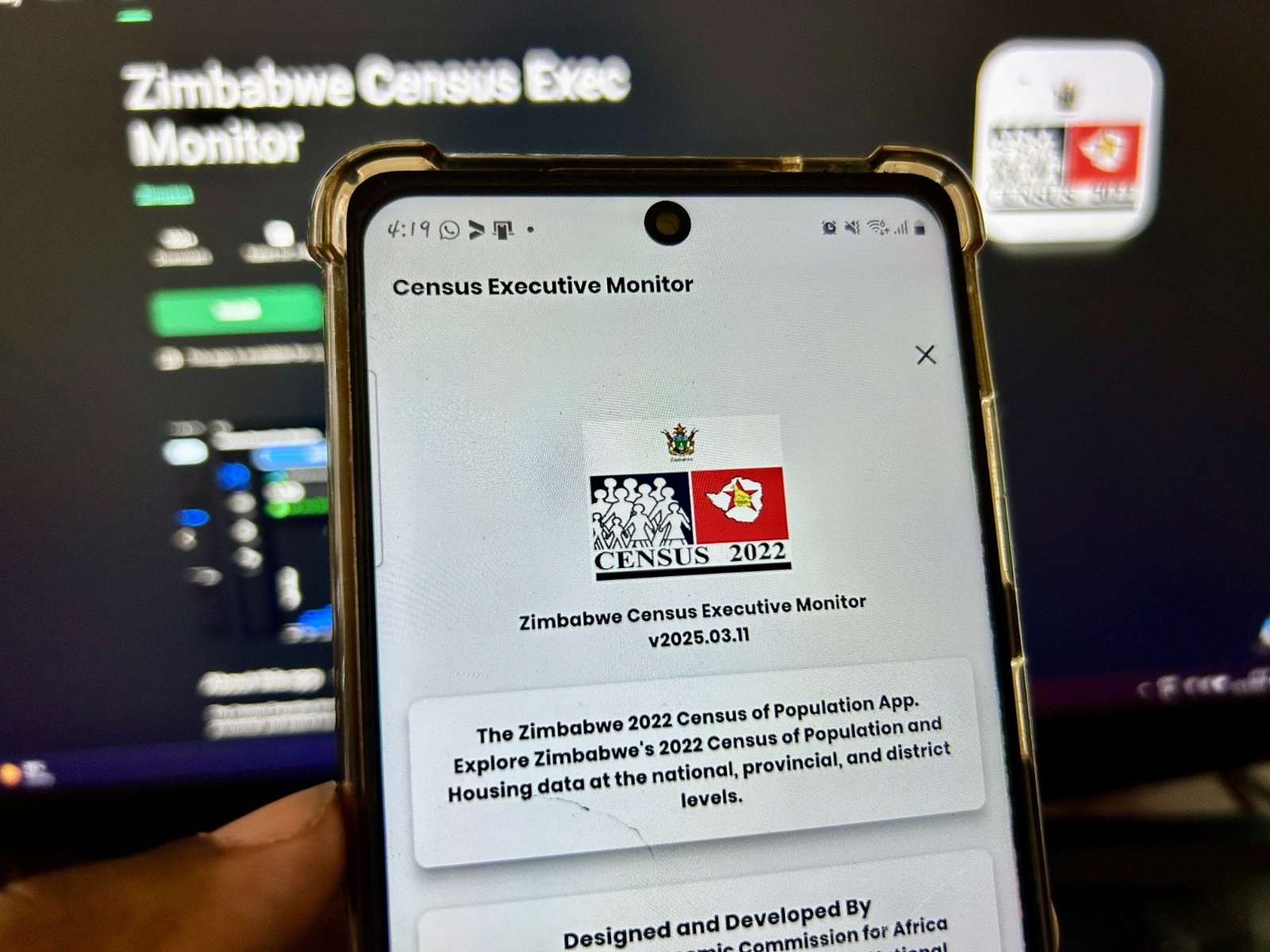For the past few months, I have been complaining about the way WhatsApp implements its disappearing messages feature. Recently they updated the options you have and now you can send and receive “view once” WhatsApp messages. The feature is kind of self-explanatory. You can choose to send a message that can only be viewed once and then disappears. There is just only one catch. You can only do this with videos and photos and not text and audio.
How to use “view once”?
Just so we are clear this is not a preview feature. Unlike a lot of the features, we mention here this is something that is already live in the stable version of WhatsApp right now. To use it you just need to make sure you are running the latest version of WhatsApp. To send a view once message you need to go to the chats history of the intended recipient:
- Tap on the attachment icon
- Then go to Gallery and select the photo or video your want to send
- After selecting the media file you will see a clock icon in the Add caption bar, tap on this to enable the “view once” feature. You will get confirmation telling you the Photo or video will is now set to “View Once”.
- Send the message
On the recipient side, you can tell if a photo or video is a “View Once” because you will not see the normal preview in your chats. Instead, you will get a large icon with a “1” in it. This means the file you are about to view comes with restrictions:
- You can tap on the icon to view it only once
- Even if you have turned off those blue ticks the sender will be informed when you do view a “view once” message.
- The photos or videos sent this way cannot be saved into your phone’s gallery app
- The files cannot be forwarded, saved shared or starred (I have never understood the need for stars personally)
- The message will expire in two weeks if you don’t open it
The truth though is you can never really stop someone from saving this photo or video. It’s very difficult to control what happens on a remote device. People can still take a screenshot or a screen recording of this message. Also, modded apps can be tweaked not to honour this arrangement and find ways to save these messages. They already allow you to save people’s statuses and thwart the delete for all feature.
More than just for nudes
The ephemeral messages feature has always been dismissed as not important by a lot of people. They figure it’s just a way for people to send nudes and cheating people to evade discovery. Even some child advocacy groups are not happy with this new feature. The truth is as I have pointed out in early articles there are some legitimate use cases for this feature that do not involve nudes. The most notable one is you sharing a password or OTP with someone or while interfacing with a bot.
The WhatsApp view once option is therefore a much-welcomed addition to what app already has. It’s better than nothing but it would also be nice if they introduce this for text messages as well. It’s a pain to remember to scroll up and delete OTPs and PINs in your chats with Fintech bots. A great version of this feature will allow certain messages to disappear on both ends once you say close the chat.
You should also check out
- Archived WhatsApp chats will now remain in the dark, where they belong
- Govt officials with US ties were targeted by NSO’s Pegasus spyware according to WhatsApp
- Doc Online, a local WhatsApp chatbot that gets you in touch with medical professionals
- WhatsApp now lets you join group calls while they are in progress














Comments
3 responses
I guess it’s just that Whatsapp adds some features here and there, but this feature and the disappearing message one are generally useless considering you can export your chat anytime or you can just screenshot or copy and paste your message. So it’s virtually useless. It may work in Europe though, where everybody is always somehow busy but in Zimbabwe where we’ve 24/7/365 heavy whatsapp users.
‘view once’, not bad but needs an update with anti-screenshot then we good.
Very true although as I point out preventing someone from taking a screenshot is hard. This is because it’s always hard to control what happens on a remote device. People can just use mods that allow them to do so. Or it could be WA running on a computer such as in a web browser. Screenshots can be taking easily and there is now feasible way to prevent circumvention. Best possible set up would be to inform sender if recepient takes a screenshot